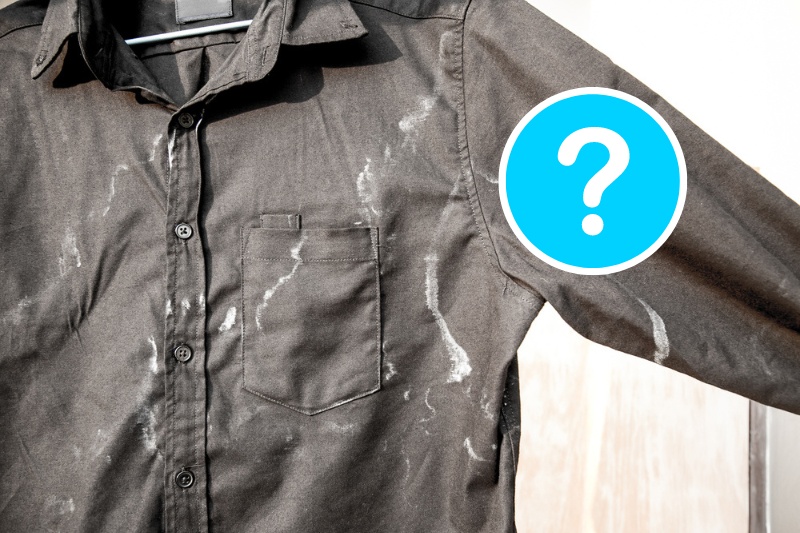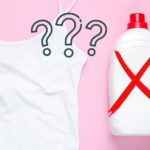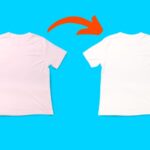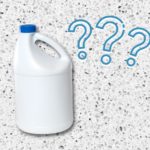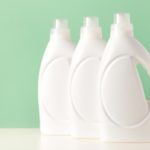Have you ever noticed stains in the underarms of your favourite t-shirts that don’t come out, even after a proper wash? If they’re discoloured, you might be wondering, can sweat bleach clothes?
Read on to find out the answer and what you can do to address these potentially unsightly stains.
Can Sweat Bleach Clothes?
Sweat may be able to bleach clothes if its acidity is higher than normal. However, there isn’t considerable evidence to determine whether this is the case. It’s more likely that your sweat is discolouring your clothes rather than bleaching them.
Bleaching is the process of removing colour from something as opposed to changing its colour.
Chlorine bleach and oxygen bleach are common examples of products that can whiten (bleach) clothes, but there are plenty more that’ll do it. Your sweat isn’t usually one of them.
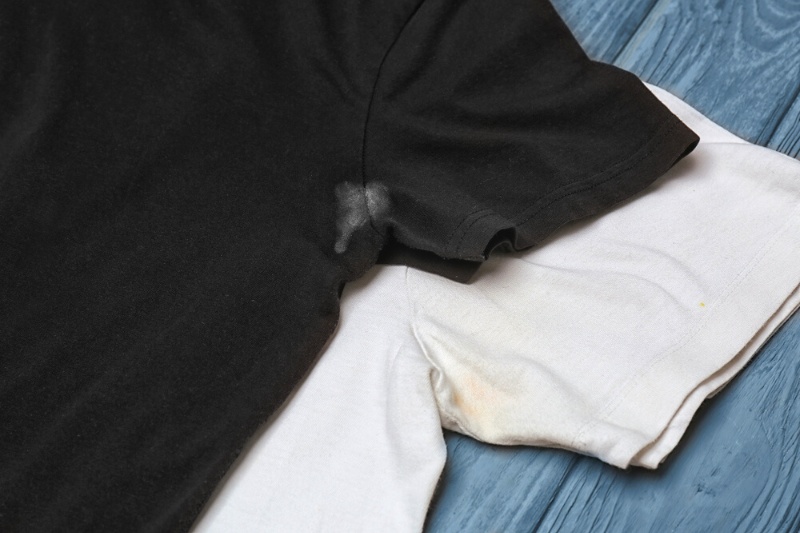
Sweat stains on clothes will either be white or yellow, generally speaking. White stains appear on dark clothes, whereas yellow stains appear on light clothes.
However, much like how sweat itself doesn’t smell, it also isn’t the main thing that stains your clothes.
Sweat primarily consists of water (99%). The other 1% is salt, fat, protein, ammonia and urea.
Sweat itself is odourless. It’s the bacteria that lives on our skin that causes it to smell, or certain foods we eat, such as garlic, onions, etc.
Urea is a prime culprit of fabric discoloration, but not bleaching. Ammonia can stain, but not in the concentrations you’d find in your sweat. The most either will do is contribute to fabric discolouration.
What Causes White Stains on Dark Clothes?
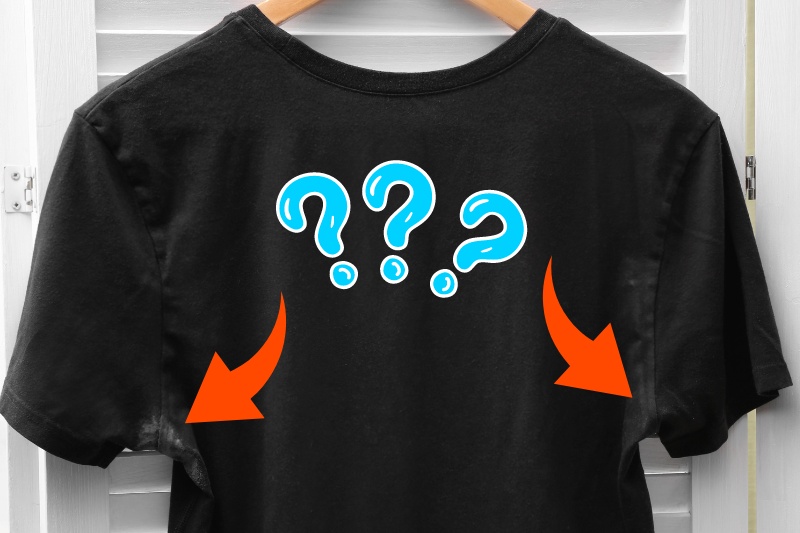
The main culprit behind white stains on dark clothes is your antiperspirant. Antiperspirants contain aluminium to help block the sweat glands in your armpits.
Minerals in your sweat interact with it (and other ingredients) to create a white film. This can dry on your clothes and become very difficult to remove.
You can try removing the residue with bicarbonate of soda. Sprinkle some on the affected area, add a small amount of water, and then scrub with a toothbrush. Wash as normal and repeat until you get the results you’re looking for.
What Causes Yellow Stains on Light Clothes?
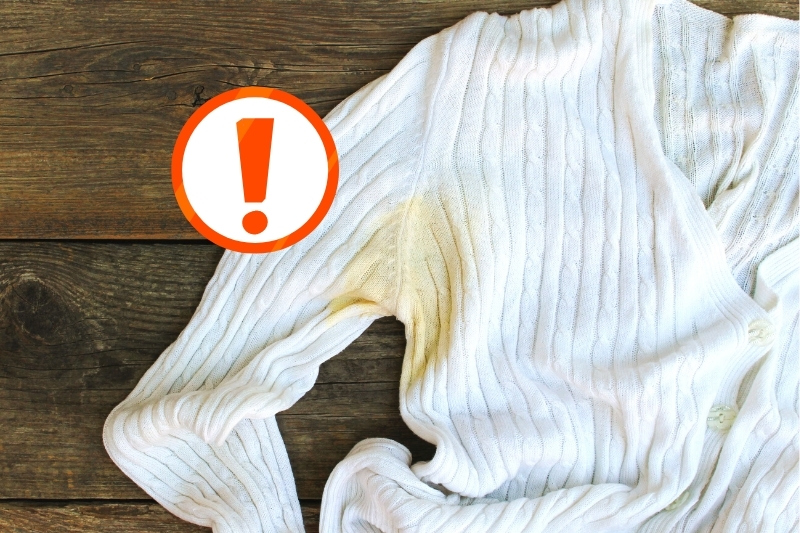
Exactly the same is true for yellow stains on white clothes. It’s the interaction between minerals in your sweat and the antiperspirant you use that discolours your t-shirt’s armpits.
It’s why the stains feel harder than the surrounding fabric.
Discolouration can also be caused by:
- Fabric dye – If your t-shirt is very new, it might leech dye when it gets wet due to you sweating. This could lead to minor discolouration, but you’d have to be really sweaty for it to be obvious.
- Salt – Again, if you get very sweaty, you might notice white marks on your t-shirt when the sweat dries. This is most likely salt, which is in your sweat, and will wash out.
The best thing for removing yellow stains from white clothes is oxygen bleach. However, it might take a couple of applications to remove these stains, as they can be pretty solid.
You might be able to lift the colour out of the yellow stain without removing all the residue, which might be enough.
How to Prevent Sweat-Related Stains
Change your antiperspirant
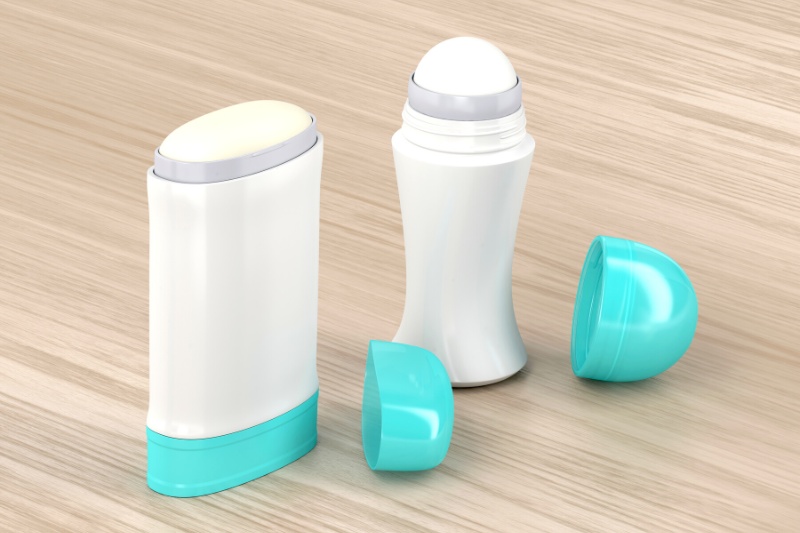
All antiperspirants will include aluminium, as this is what stops you from sweating. However, you could try deodorant instead, but this’ll only cover odour rather than prevent sweating.
Try a couple of different brands, as the composition of active ingredients can change. Also, less is more. While it might sound counterintuitive, a short spray of antiperspirant will help cut down on clothing stains.
Wash your clothes quickly
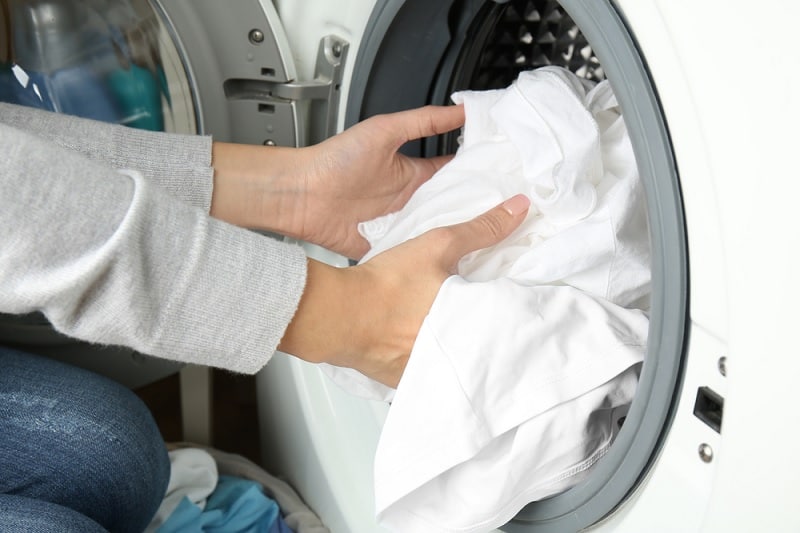
The sooner you wash your clothes after sweating in them, the better chance you’ll have of removing the stains.
Ideally, you’ll want to wash your clothes before the sweat-antiperspirant mix dries, as it’ll be much harder to get off then. A normal 30 or 40-degree wash will be fine.
Think about how much you sweat
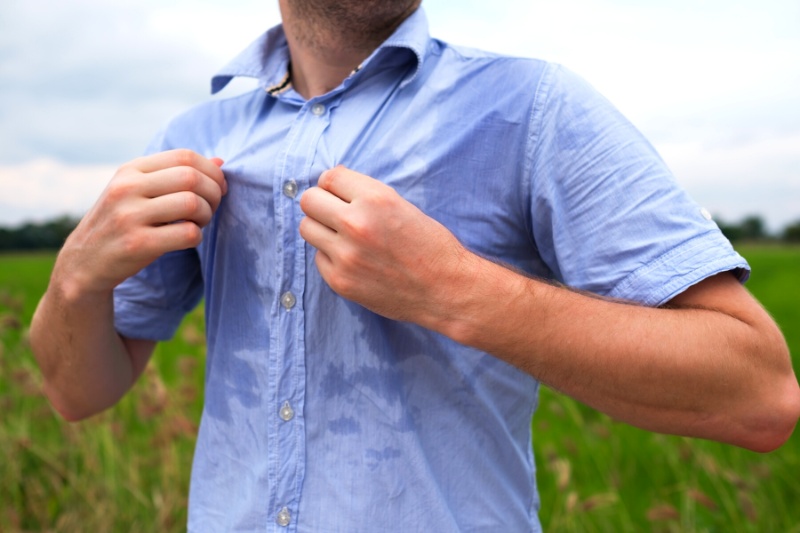
It’s not unusual to sweat more than the average person. However, if you’re using antiperspirant and it doesn’t seem to work, and your clothes are getting stained faster than you’d like, consider speaking to a doctor.
At the very least, it could be a condition called hyperhidrosis (excess sweating), which affects between 1 and 3 in 100 people. It’s often easy to fix, too.
There are other conditions that list excess sweating as a symptom, so make sure you speak to a medical professional if you’re concerned.
Final Thoughts
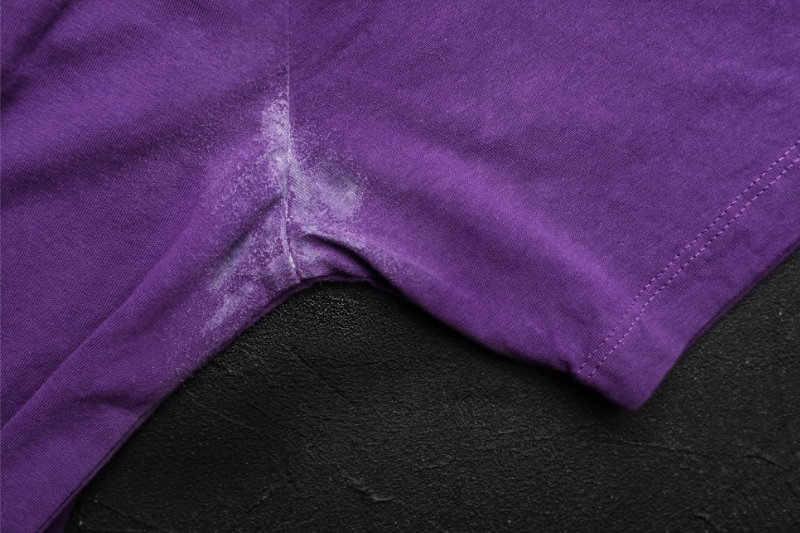
Hopefully, we’ve clarified the answer to the question of whether sweat can bleach clothes. While it doesn’t usually bleach clothes in the traditional sense, the stains it can create are no less annoying to deal with.
Luckily, some minor lifestyle changes and being on the ball with your laundry can help curb the worst stains before they even happen.

Jacob is a writer based in Wales, where he lives with his partner and two dogs. All his work is fuelled by extensive research and buckets of coffee.
